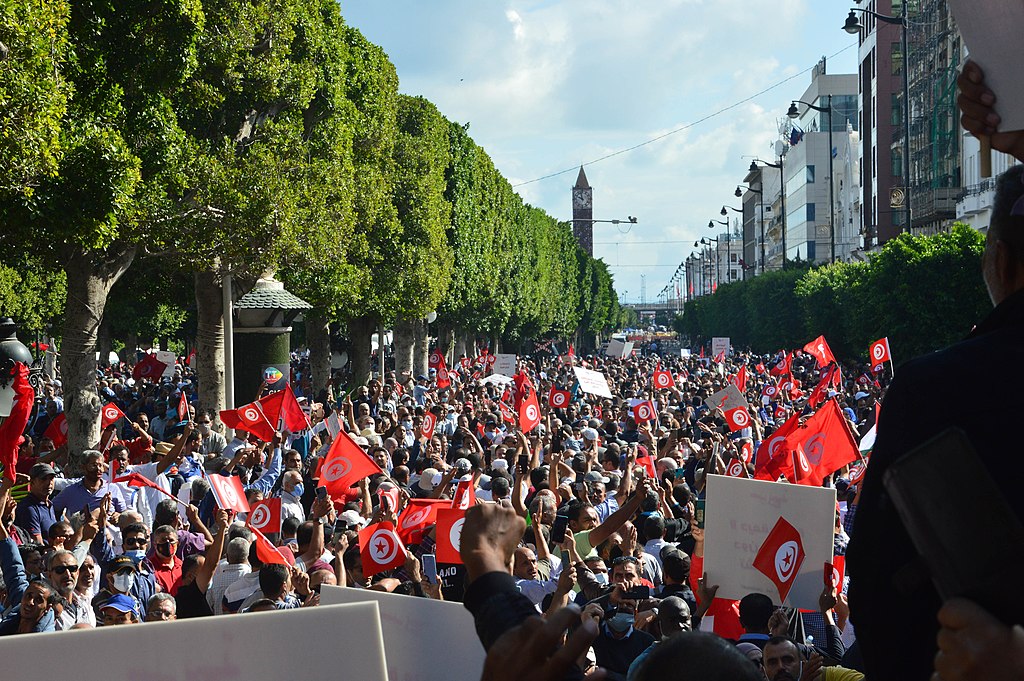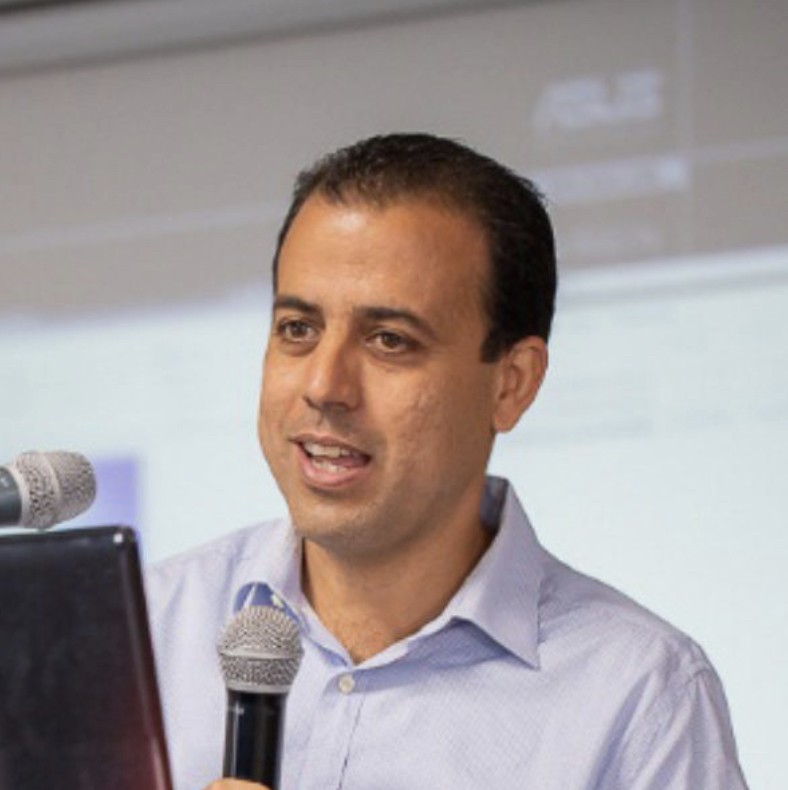Tunisia’s Undemocratic Drift
Tunisia’s election is slated for mid-December and will likely result in a dummy parliament, sealing its undemocratic credentials. This is the latest episode in a turbulent chapter for the country, but can the autocratic drift be reversed?
The uprising of January 2011 triggered the Arab Spring and sparked high hopes for Tunisia’s democracy but, more than a decade on, the nation’s democratic credentials look deeply tarnished. In 2019, President Kais Saied was elected with more than 70 percent of votes and he has since moved to dismiss the government and freeze the parliament. He also closed independent commissions and dissolved the High Judicial Council, handpicking a new electoral commission. As well as legislating by decrees, Saied has called for a new constitution that he wrote without any substantial citizen participation, a document which forms the foundation of an autocratic presidential regime. Tunisia’s undemocratic process looks set to be sealed with the installation of the dummy parliament after the fast-approaching election of December 17, 2022.
When democracy fails, the economy fails
Under Kais Saied’s one-man rule, Tunisia faces political and socio-economic disaster. A weak government is steered by the president’s directives, while the economy is spluttering. As the Tunisian economy experiences unprecedented shortages of oil and key commodities, public finances are on the verge of collapse.. The government has been negotiating a loan from IMF for more than 16 months and finally has obtained a preliminary approval for 1.9 billion USD on 4 years, which is less than a third of the requested amount. The IMF conditions, meanwhile, require extensive economic reforms that would hurt society. The Bertelsmann Foundation’s Transformation Index (BTI) contextualizes Tunisia’s economic woes: At the Index’s inception in 2006, the country’s economic performance rating stood at 9 out of a possible 10 points, suggesting the economy was poised for solid growth. But by 2022 it slumped to just 5 points. Meanwhile, its democracy status of 6.6 points firmly places it in the “defective democracy” bracket. “The country’s economic model has barely changed and does not deliver for many Tunisians, particularly for young people,” the BTI authors write.
As poverty grows and safety nets shrink, increasing numbers of Tunisians opt to migrate. While educated people, such as doctors, take the legal route, others leave illegally, resulting in frequent humanitarian disasters in the Mediterranean Sea.
On the political level meanwhile, the crisis is deep-seated. There is a lack of accountability: The president has issued more than 60 decrees in 16 months without consultation. Among populist tactics, the president has boycotted political parties, demonized civil society and media, closed or co-opted independent commissions, denigrated intellectual and economic elites and instrumentalized the international community. After garnering widespread support and sympathy in his early months, he has alienated most of the informed public and the national elite. Public support is dwindling, as indicated by the low participation rates in the e-consultation of March 2022 and in the referendum of July 2022. Early supporters are now turning against the president, including some members of his inner circle (including the former chief of staff, Ms. Nadia Akacha, who went abroad after a forced resignation).
Use and abuse of elections
December’s election will be shaped by the President’s new measures, not least his decision to replace the elected Independent Election High Commission ISIE – which was highly regarded by the international community. His unilaterally drafted new election law serves to prohibit political parties from presenting and supporting candidates. This system will favor local notorieties, eliminate women’s chances of election, as well as encouraging the fragmentation of the political spectrum. The new election law and a backdrop of official gaffes and uncertainty has prompted most political parties to boycott the ballot.
But can this autocratic drift be corrected within the new framework? The answer is: Probably not. Tunisia needs a new political and social contract, including a new constitution, new democratic institutions and a new vision of economic reform to benefit a wider range of people. Urgent questions need to be resolved. Can Tunisians reach this maturity without inflicting damage? Can the economy stabilize amid such political instability? Can the international community support such an adjustment process?
At present, a majority of national actors such as politicians, opinion leaders, scholars, labor union and civil society representatives are against the president, although some are more vocal than others. Meanwhile, the business community remains silent, probably to safeguard its interests or to avoid being called out for behavior such as clientelism and tax evasion. For now, deviation from democratic standards looks set to continue. “The country is in urgent need of reforms that can ensure prosperity for more people,” the BTI authors wrote in their latest Tunisia report. “But even in the face of pressure from international financial institutions, entrenched interests are unwilling to yield”.
The international community is unfortunately adopting a mild approach. This is especially the case within the European Union which continues to prioritize the fake stability of autocratic regimes over negotiated transformation, a key step towards forging genuine democracies.

